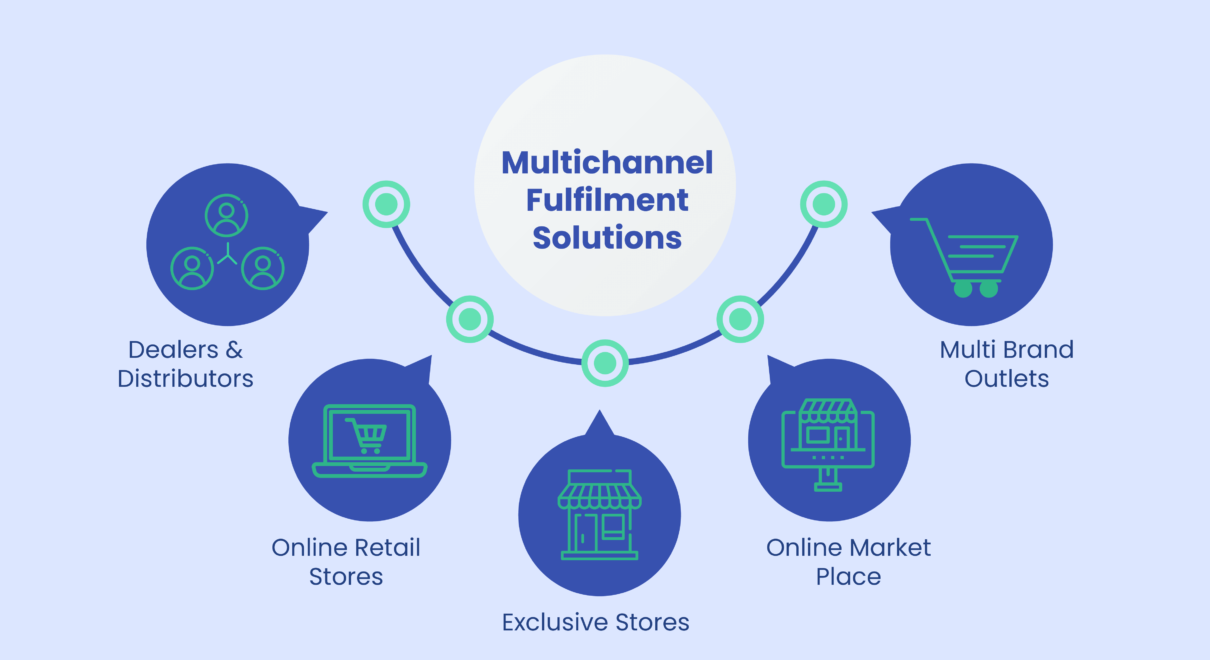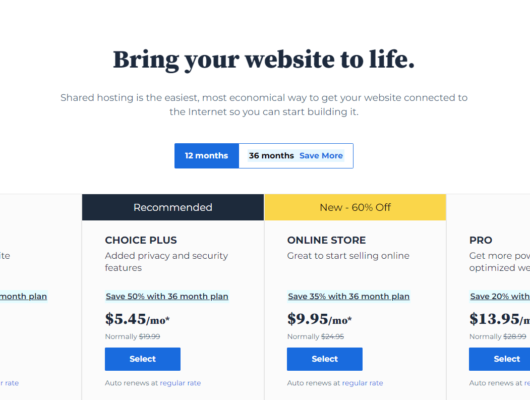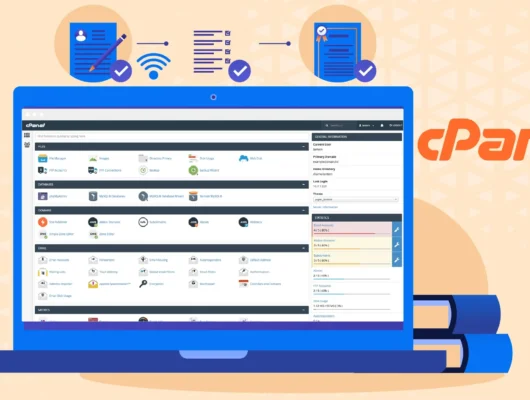In today’s fast-paced e-commerce world, businesses must adapt to shifting consumer behaviors and a growing number of digital shopping platforms.
Multi-channel retail hosting has become a crucial strategy, enabling brands to manage their online presence seamlessly across multiple sales channels.
By utilizing a centralized hosting solution, businesses can expand their reach, strengthen customer engagement, and drive sales across websites, marketplaces, social media, and mobile apps.
What Is Multi-Channel Retail Hosting?
Multi-channel retail hosting refers to the practice of selling products or services across multiple online platforms while managing everything from a single hosting infrastructure.
This approach allows businesses to interact with customers on various channels, including their e-commerce website, social media platforms, major marketplaces like Amazon and eBay, and mobile applications—all from one streamlined system.
Key Benefits of Multi-Channel Retail Hosting
1. Expanding Reach and Enhancing Customer Engagement
One of the biggest advantages of multi-channel retail hosting is the ability to connect with customers wherever they prefer to shop.
By establishing a presence on multiple platforms, businesses can reach new demographics, enhance brand visibility, and create more opportunities for engagement.
2. Unlocking More Sales Opportunities
Selling on multiple platforms provides more touchpoints for customers to discover and purchase products.
Whether through an official website, third-party marketplaces, or social media storefronts, each channel presents an additional avenue for sales.
This diversification reduces reliance on a single platform and maximizes revenue potential.
3. Centralized Management for Seamless Integration
The key to successful multi-channel retail hosting is unified management.
By integrating all channels into one system, businesses can efficiently handle inventory, update product details, and track orders from a single dashboard.
This improves operational efficiency while ensuring consistency across platforms.
4. Overcoming Challenges with Smart Solutions
While multi-channel retail hosting offers substantial benefits, it comes with challenges such as inventory synchronization, brand consistency, and platform-specific requirements.
Businesses can overcome these hurdles by using advanced inventory management tools, automation software, and content syndication solutions to keep operations running smoothly.
5. Leveraging Data for Smarter Decision-Making
Multi-channel retail hosting generates vast amounts of data from different customer touchpoints.
By leveraging analytics, businesses can gain insights into customer behavior, preferences, and overall performance.
This data-driven approach allows for better marketing strategies and optimized product offerings.
6. Adapting to Emerging Channels and Technologies
E-commerce is constantly evolving, with new sales channels and technologies emerging regularly.
Successful multi-channel hosting requires businesses to stay agile and incorporate innovative solutions,
such as augmented reality shopping experiences or integrations with trending social commerce platforms, to remain competitive.
Read more about Mobile commerce hosting…
Conclusion
Multi-channel retail hosting is no longer an option but a necessity for businesses looking to scale in today’s digital marketplace.
By adopting a diversified selling approach, leveraging centralized management solutions, and staying ahead of industry trends, businesses can maximize their reach, improve customer engagement, and drive sustainable growth.
As e-commerce continues to evolve, companies that master multi-channel retail hosting will gain a competitive edge, ensuring long-term success in an increasingly connected world.






